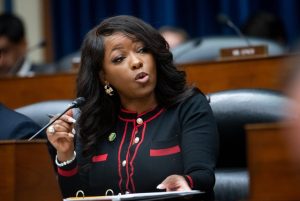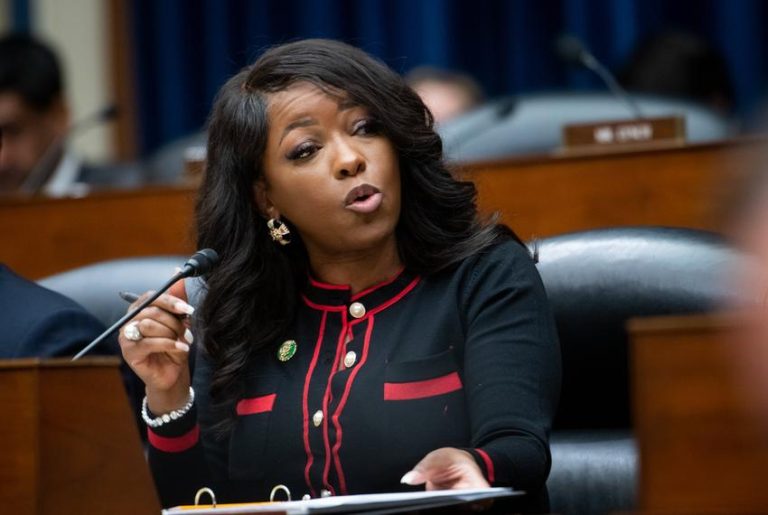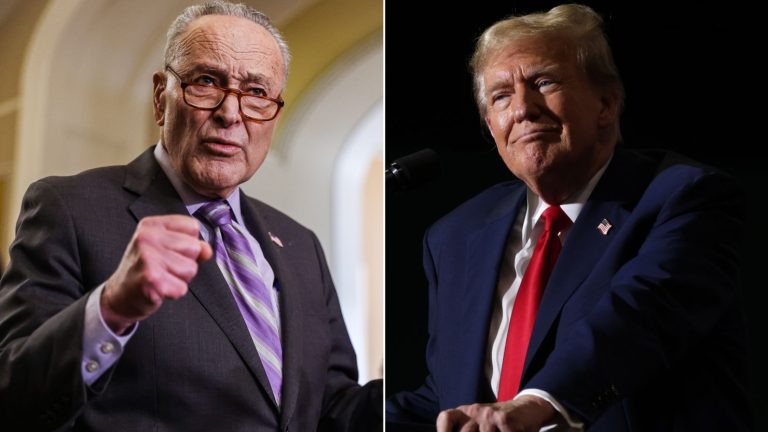In a decision that has drawn strong reactions across the political spectrum, the U.S. Supreme Court declined to hear a case involving a middle school student from Massachusetts who claimed his First Amendment rights were violated when his school banned him from wearing certain t-shirts expressing his views on gender.
The case centers on Liam Morrison, a seventh grader at Nichols Middle School in Middleborough, who wore shirts bearing the phrases “There are only two genders” and later, “There are [censored] genders.” School officials sent him home both times he refused to change his shirt, arguing that the messages were harmful to transgender students and disrupted the school environment.
Lower courts had sided with the school. In June 2024, the First Circuit Court of Appeals ruled that the school’s actions were justified, emphasizing the need to protect students from speech perceived as demeaning or disruptive. However, Liam and his parents, Christopher and Susan Morrison, maintained that the shirts simply conveyed a personal belief and did not target any individual.
Despite calls from conservative justices Clarence Thomas and Samuel Alito to take up the case, the Supreme Court majority chose not to review the decision. Thomas and Alito issued dissenting opinions expressing concern that the court was avoiding a critical free speech issue.
The case touches on deep cultural and legal debates around the limits of free speech in educational settings, particularly when speech intersects with sensitive issues like gender identity. The First Amendment guarantees broad protections for speech, but courts have long recognized exceptions when speech disrupts school order or infringes on the rights of other students.
Liam Morrison’s family was supported by attorneys from the Alliance Defending Freedom and the Massachusetts Family Institute, groups known for advocating religious and conservative viewpoints on gender and family issues. Earlier this year, former President Donald Trump signed an executive order affirming that the federal government recognizes only two biological sexes—male and female—and pledged to uphold policies aligned with this view.
In a 2023 interview, Liam explained that his intent was not to offend or incite hate, but simply to express what he believes to be a factual statement. The controversy highlights the ongoing challenges schools face in balancing free expression and inclusivity.
The Supreme Court’s decision to sidestep the case has left many conservatives frustrated, viewing it as a missed opportunity to reinforce free speech protections. At the same time, supporters of transgender rights argue that protecting vulnerable students from harmful rhetoric is essential for a safe learning environment.
As cultural tensions continue over gender and identity issues, this case underscores the complexities courts face in interpreting constitutional rights in modern society.









